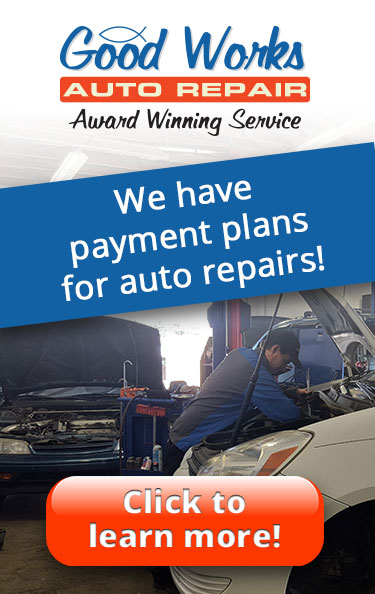Do you need a tune up? Tune-ups today are different from those just a couple decades ago. When it comes to today’s vehicles, a tune-up is most likely a response to some type of drivability issue you’re experiencing based on a number of symptoms. Whether you feel that your vehicle is getting hard to start, your fuel mileage is decreasing or your power is diminishing, you will want to get your vehicle to a trusted auto repair shop for a performance analysis or good ol’ fashioned tune-up.
Following a simple preventative maintenance plan like our service interval schedule can make your engine easier to start, improve fuel economy, lower emissions, restore lost pep and power and improve your overall engine performance. But knowing when to get a routine tune-up these days depends on the issue and what your car thinks it needs.
What should a tune-up include? Any tune-up today should start with a battery of performance checks to base line or confirm the engine’s overall condition. Our battery service includes all kinds of cleaning and a thorough inspection. In addition to checking your battery, a tune-up should also include performance and condition checks of hoses and belts. All fluids oil, coolant, automatic transmission fluid, power steering fluid and brake fluid should also be inspected to make sure all are at the proper level, and that the condition of each is acceptable.
You will know if you need a tune-up by paying attention to a number of things. First, a misfiring engine could be the sign of worn or bad spark plugs which could cause low fuel economy, hard starting and sluggish acceleration. A dirty or clogged engine air filter is more likely to reduce acceleration than fuel economy, according to tests conducted by the EPA. Filters can get clogged and dirty over time, so they should be changed routinely. Engine deposits can also create drivability issues caused by low-quality or contaminated gasoline.
Your vehicle’s check engine light when illuminated is another important sign of needing an engine tune-up. A signal that something is wrong, we encourage you to not ignore this light. It signals a problem with your emissions control system which could affect fuel economy or engine performance.
Once you come see one of our repair technicians, you can help us diagnose the problem by explaining what you’re experiencing and keeping track of your maintenance schedule. Rather than just asking for a tune-up, it could benefit you to pay attention to your vehicle’s needs and go by mileage.
Schedule My Appointment Now!

